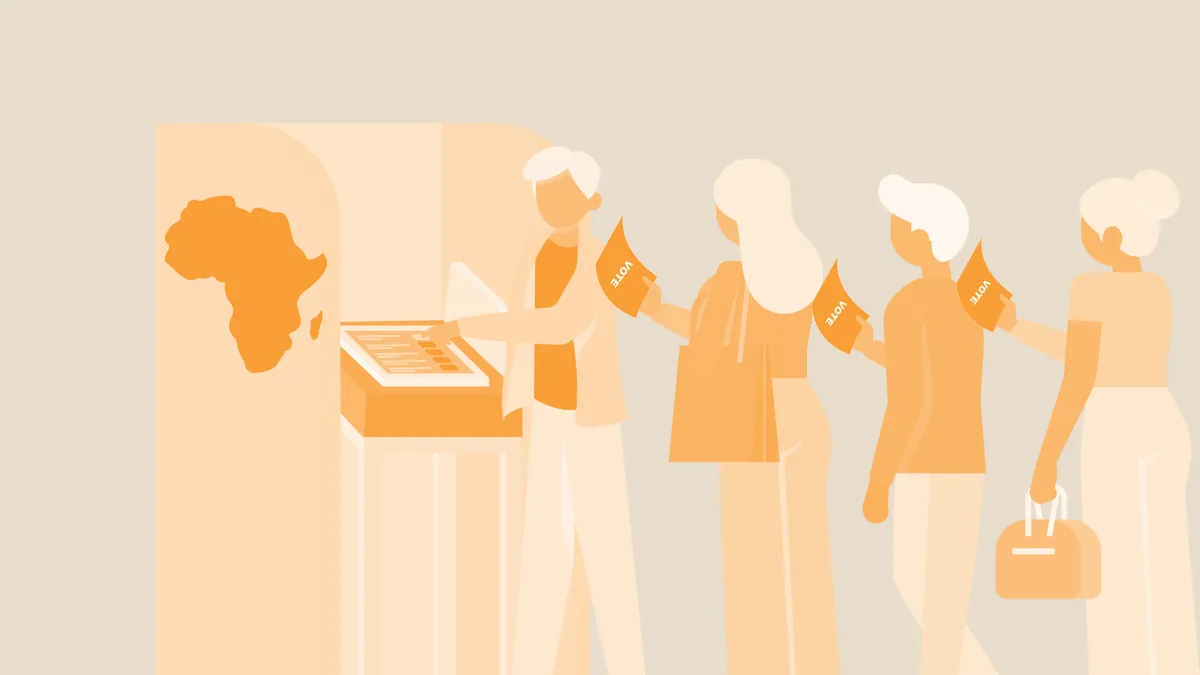What US politics can learn from African election experiences
Electoral violence isnt just an African problem - its becoming global. Recent events in Ethiopia Nigeria and the US show how losing parties acceptance of results affects democracyʼs future

Elections dont always bring peace and joy to nations. Back in 07‚ Olusegun Obasanjo from Nigeria made it clear: these events are life-or-death situations
The real test comes when someone loses — their reaction can make-or-break a countryʼs stability. Recent history shows this isnt just an African issue: the Jan-6 attack on US Capitol proves that any nation can face such problems
In Ethiopia‚ the 2020-21 elections became a turning-point for instability. Prime Minister Ahmedʼs government got blamed for using state-power against rivals in key areas (including Tigray and Oromia regions). Unknown killers targeted some opposition members; making things worse
The Ethiopian case shows how ethnic-based politics can mess things up. Four main groups compete for power:
- Oromo people
- Amhara group
- Somali community
- Tigrayan population
When covid hit and elections got delayed‚ everything fell apart — leading to the regions biggest war in recent times. On the flip-side‚ Gambia found a better way: they made all candidates sign a no-violence agreement before their 21 election
Nigeriaʼs latest vote (with only 27% of people showing up) tells us something important: when people dont trust the system‚ they stay home. Local groups can help fix this — they build trust between voters and officials‚ even when big-shot politicians try to cause trouble
The fix isnt simple but its clear: political systems need to protect everyone‚ not just winners. Countries should solve basic problems first‚ then use elections for smaller stuff like taxes or immigration. Smart rules and power-sharing help keep peace; winner-takes-all setups dont work





























